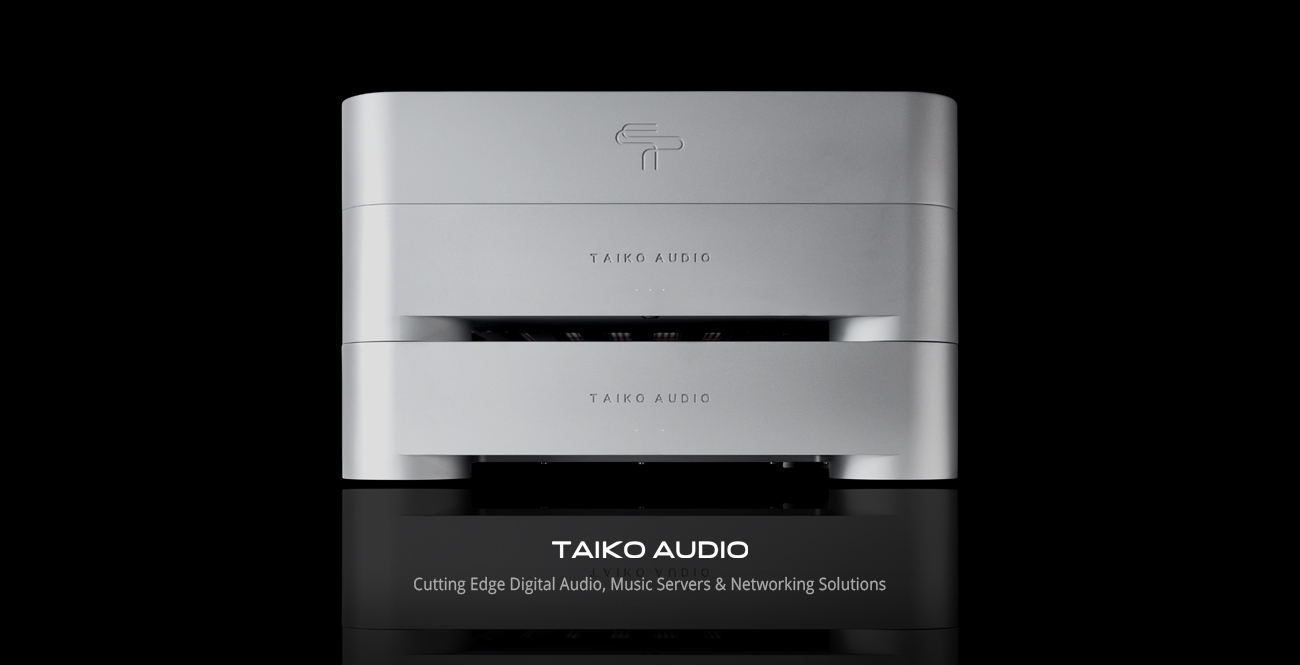Steve Williams
Site Founder, Site Co-Owner, Administrator
Doctor's Orders-Part Two-The New Listening Room Of Steve Williams
Having had the pleasure of spending a couple of days at Steve's house last winter, I too can attest to his system sounding remarkable. Everything about that space is extraordinary from the story of how the room was engineered from essentially a open cathedral ceiling, to the overkill...
Doctor's Orders-Part Two-The New Listening Room Of Steve Williams
Congratulations, Steve, on purchasing the Horizon and on hosting this fun and exciting debut!
Doctor's Orders-Part Two-The New Listening Room Of Steve Williams
Congratulations, Steve, on purchasing the Horizon and on hosting this fun and exciting debut!
I really believe that in my system and room the tube kit I am using now has been a big factor in the SQ uptick



